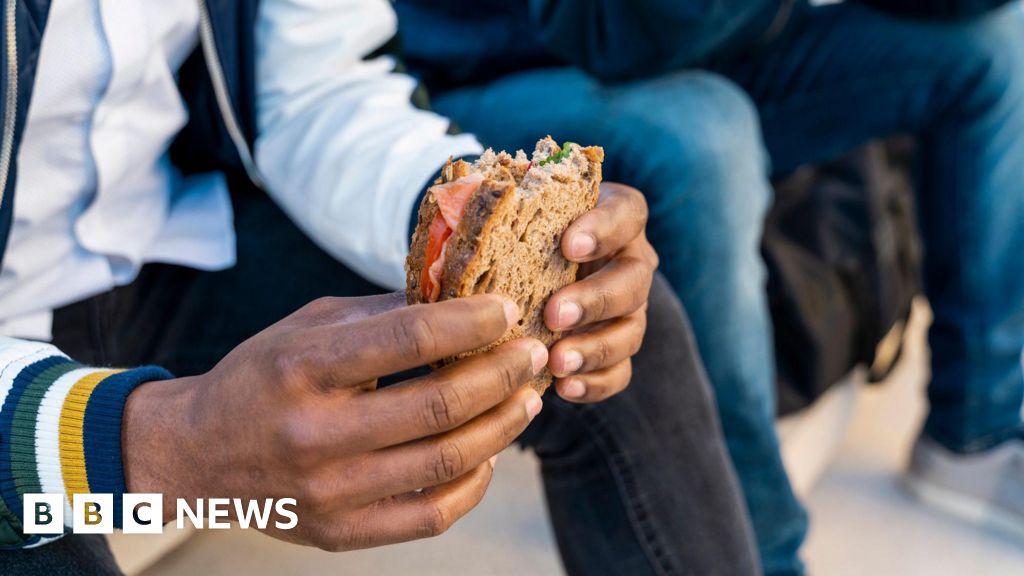Two people who became ill in the E. coli outbreak are taking legal action against supermarkets Asda and Tesco for alleged breach of the Consumer Protection Act relating to own-brand sandwiches. Legal firm Fieldfisher has sent letters of claim on behalf of a man from the South East and an 11-year-old girl in the North West. The girl developed haemolytic uraemic syndrome after eating a chicken salad sandwich from Asda and could be at risk of permanent kidney damage. The man was hospitalised after eating Tesco-branded sandwiches containing salad. The E. coli outbreak in England is believed to have been caused by some supermarket sandwiches containing salad leaves and has been linked to one death, which the affected person was already ill.
Several food manufacturers recalled products as a precaution, with lettuce believed to be the likely cause of the outbreak. The outbreak mainly affected people who developed symptoms prior to 4 June, and the number of cases has now fallen. The Food Standards Agency advised that it is the responsibility of food production companies to ensure that food is safe to eat. If food causes illness, it is a breach of their duty and eligible persons can claim compensation, including to cover possible ongoing medical care.
Reports indicate that Asda and Tesco have yet to receive the letters of claim from Fieldfisher. An Asda spokesman said that the company would urgently review the details of the claim as soon as it was received. For his part, the man taking action against Tesco was said to be a “regular shopper” there who typically bought his lunch at the store most weekdays due to its proximity to his workplace.
E. coli are bacteria that can live in human and animal intestines, with some types being harmless and others causing serious illness. The E. coli STEC O145 bacterium linked to this outbreak produces a Shiga toxin that can attack the lining of the gut, and can cause serious symptoms including diarrhoea, fever, vomiting and stomach cramps. There is no specific treatment for E. coli infections, but it is important to drink plenty of fluids to avoid dehydration. Those infected are usually able to be treated at home and will recover without medical intervention. However, young children or those with underlying conditions can become gravely unwell. Those infected should seek medical attention promptly and take steps to avoid the risks of infection, including washing their hands regularly with soap and water and cooking food to recommended temperatures
Read the full article from The BBC here: Read More
